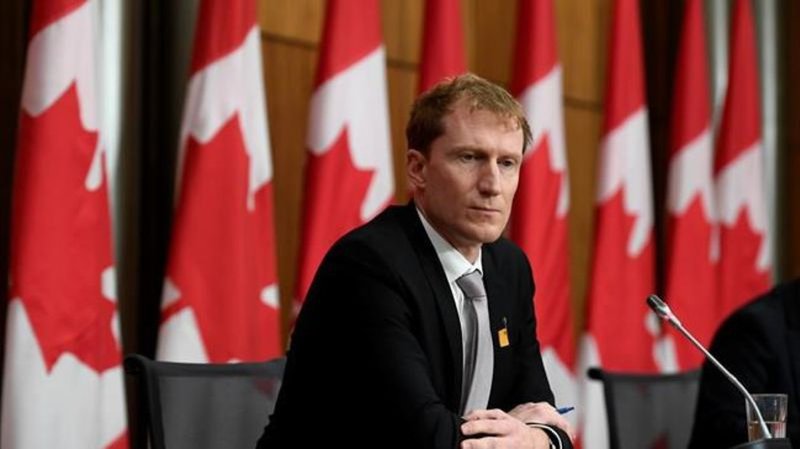
Feds need better data on COVID-19 in Indigenous communities: Miller
OTTAWA — A rapid rise in the number of active COVID-19 cases in First Nations communities on reserve — especially in Alberta and Saskatchewan — likely does not tell the full story due to lack of data, says Indigenous Services Minister Marc Miller.
“We’re currently looking at numbers that are close to four times the number of Indigenous people infected by COVID-19 during the first wave,” Miller told a news conference Friday, where he detailed $120 million in immediate funding for Indigenous communities suffering COVID-19 outbreaks in Saskatchewan and Alberta.
“This is serious.”
According to figures released by his department, there were 1,174 active cases of COVID-19 in First Nations communities on reserve as of Thursday, for a total of 2,853 confirmed cases since the beginning of the pandemic in Canada. There have been 23 deaths.


